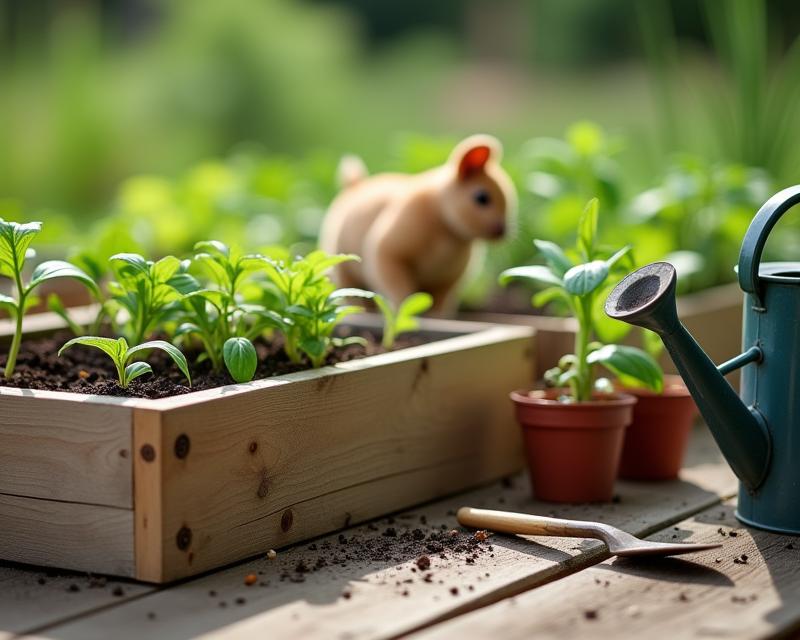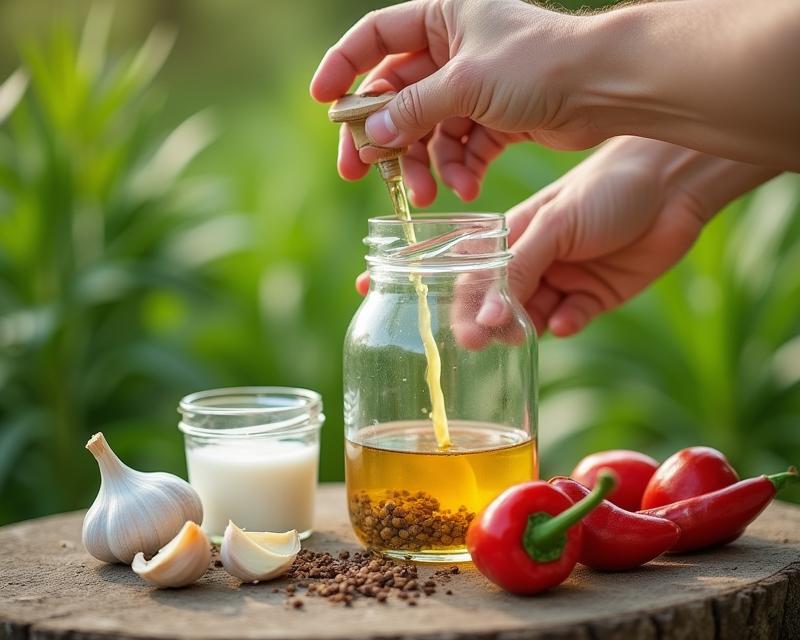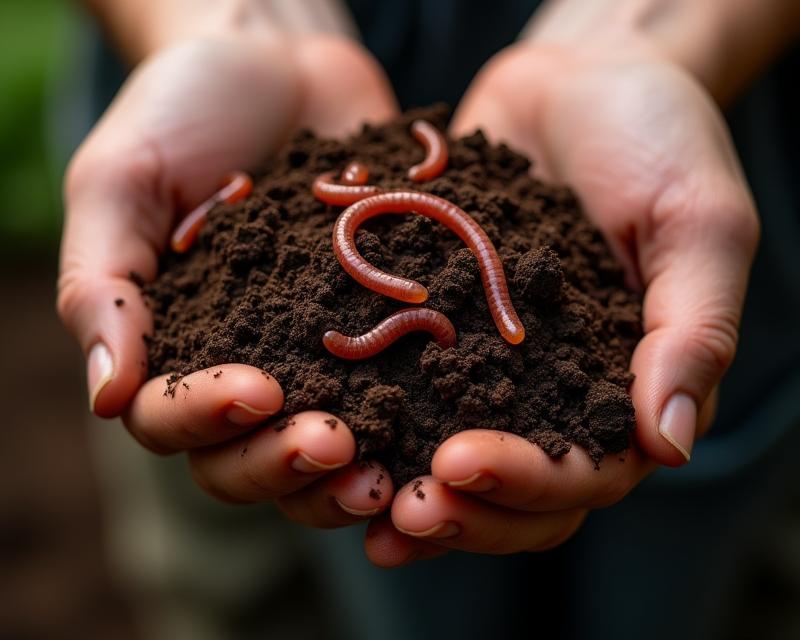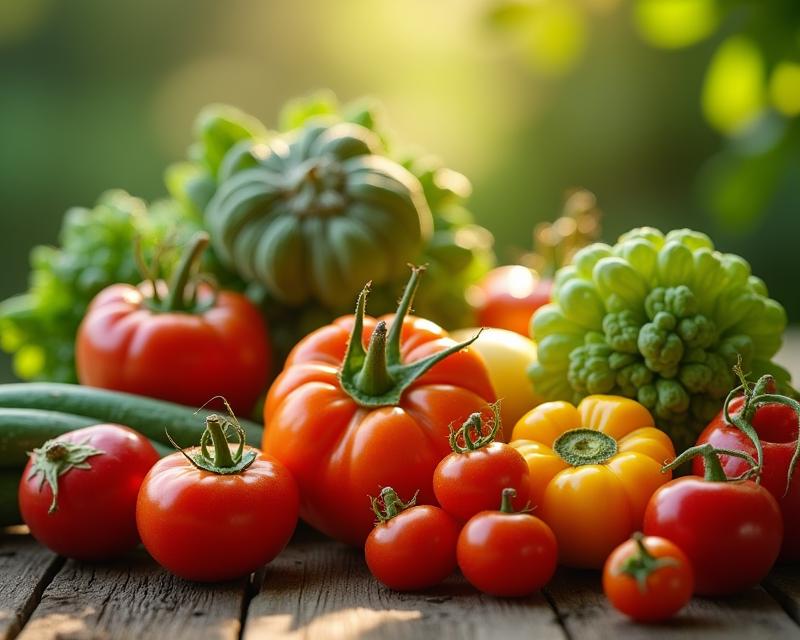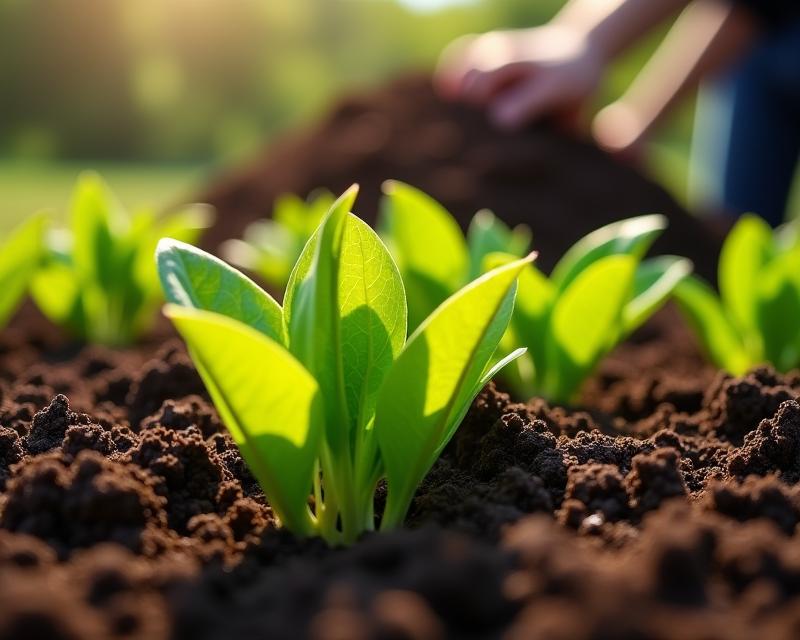Organic Veg Farming: Challenges & Rewards
Publish in Organic Gardening & Farming el 23/07/2025 16:59
Organic Vegetable Farming: A Deep Dive
More and more people are choosing to eat organic, and that's driving a growing interest in organic vegetable farming. But what does it really take to grow food without synthetic pesticides, herbicides, and fertilizers? It’s a rewarding path, but it’s not without its challenges. This article will explore the benefits and difficulties of embracing chemical-free growing.
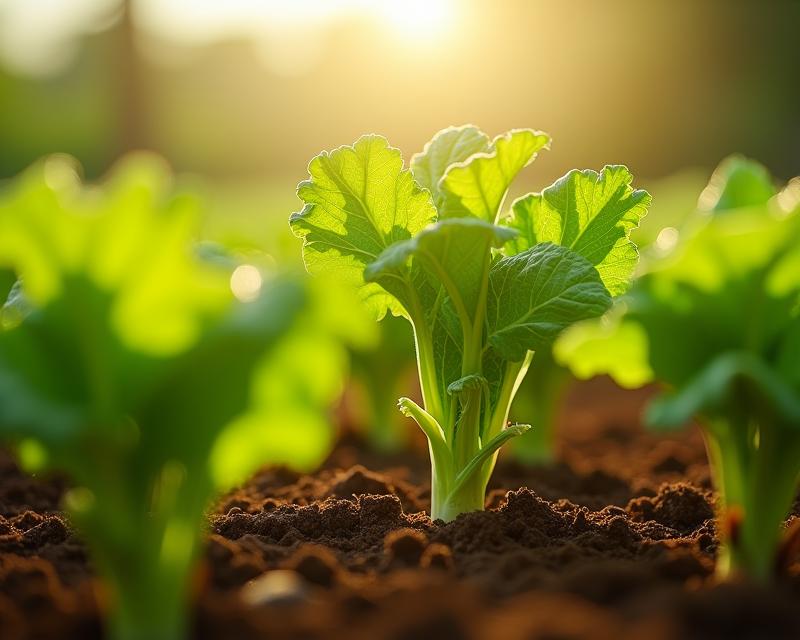
The Benefits of Going Organic
The advantages of organic vegetable farming are numerous. First and foremost, you're producing food that's free from potentially harmful chemicals. This appeals to health-conscious consumers and can command premium prices. Organic farming also promotes soil health. Instead of relying on synthetic fertilizers, organic farmers use compost, cover crops, and manure to build healthy, fertile soil. This leads to stronger, more resilient plants that are better able to withstand pests and diseases. Furthermore, organic practices support biodiversity on the farm, creating a healthier ecosystem for beneficial insects, birds, and other wildlife. Many farmers find a deep satisfaction in knowing they are contributing to a more sustainable food system.
Facing the Challenges
While the benefits are compelling, organic farming presents some significant hurdles. One of the biggest challenges is pest and disease management. Without synthetic pesticides, farmers must rely on preventative measures like crop rotation, companion planting, and introducing beneficial insects. This requires a deep understanding of plant health and a proactive approach. Weeds are another constant battle. Organic weed control relies on manual weeding, mulching, and cover cropping – all labor-intensive practices. Yields can sometimes be lower in organic systems, especially during the transition period as the soil ecosystem adjusts. Finally, certification can be a complex and costly process, requiring adherence to strict standards and regular inspections.
Rewards and Resources
Despite the challenges, the rewards of organic vegetable farming are substantial. Beyond the financial benefits of higher prices, there's the personal satisfaction of growing healthy, wholesome food. Many organic farmers report a stronger connection to the land and a deeper understanding of ecological processes. There are many resources available to help you succeed. Your local agricultural extension office is an excellent place to start. Organizations like the USDA National Organic Program offer detailed guidelines and certification information. Connecting with other organic farmers through workshops and networking events can also provide invaluable support and knowledge. The journey to organic farming is a learning process, but for those committed to a sustainable and healthy food system, it’s a journey well worth taking.
- Crop Rotation: Planning your crops to prevent pest and disease buildup.
- Composting: Turning organic waste into valuable soil amendment.
- Cover Crops: Planting crops to protect and improve the soil.
Embracing organic farming is an investment in the future – for your farm, your community, and the planet.
